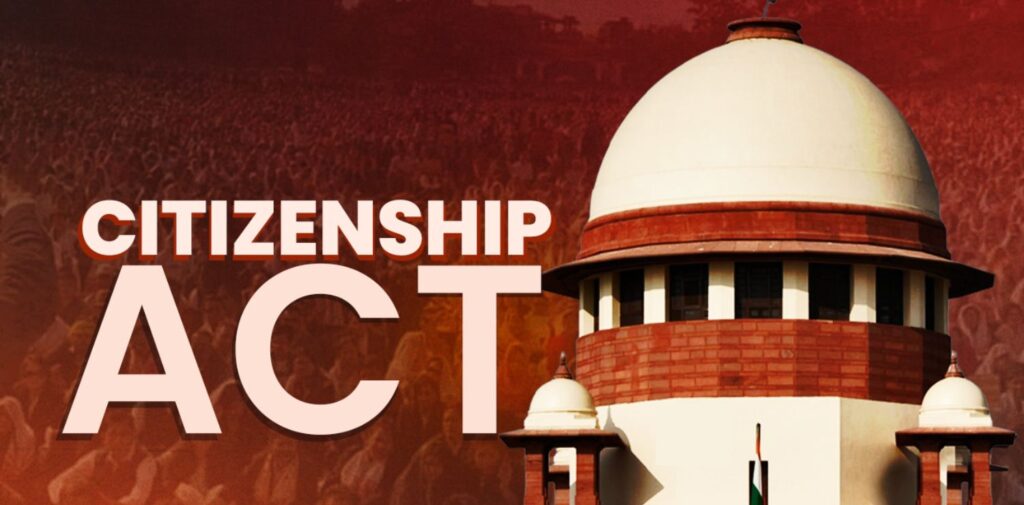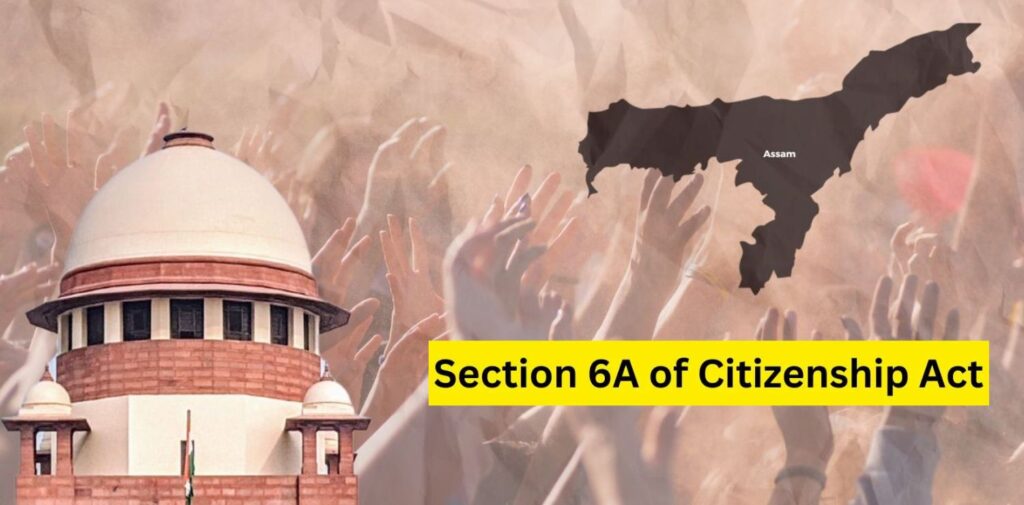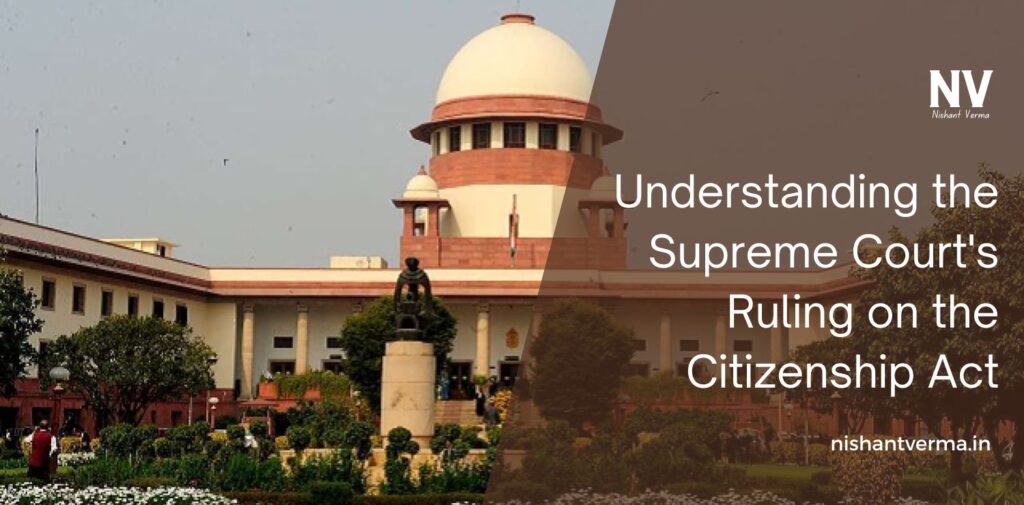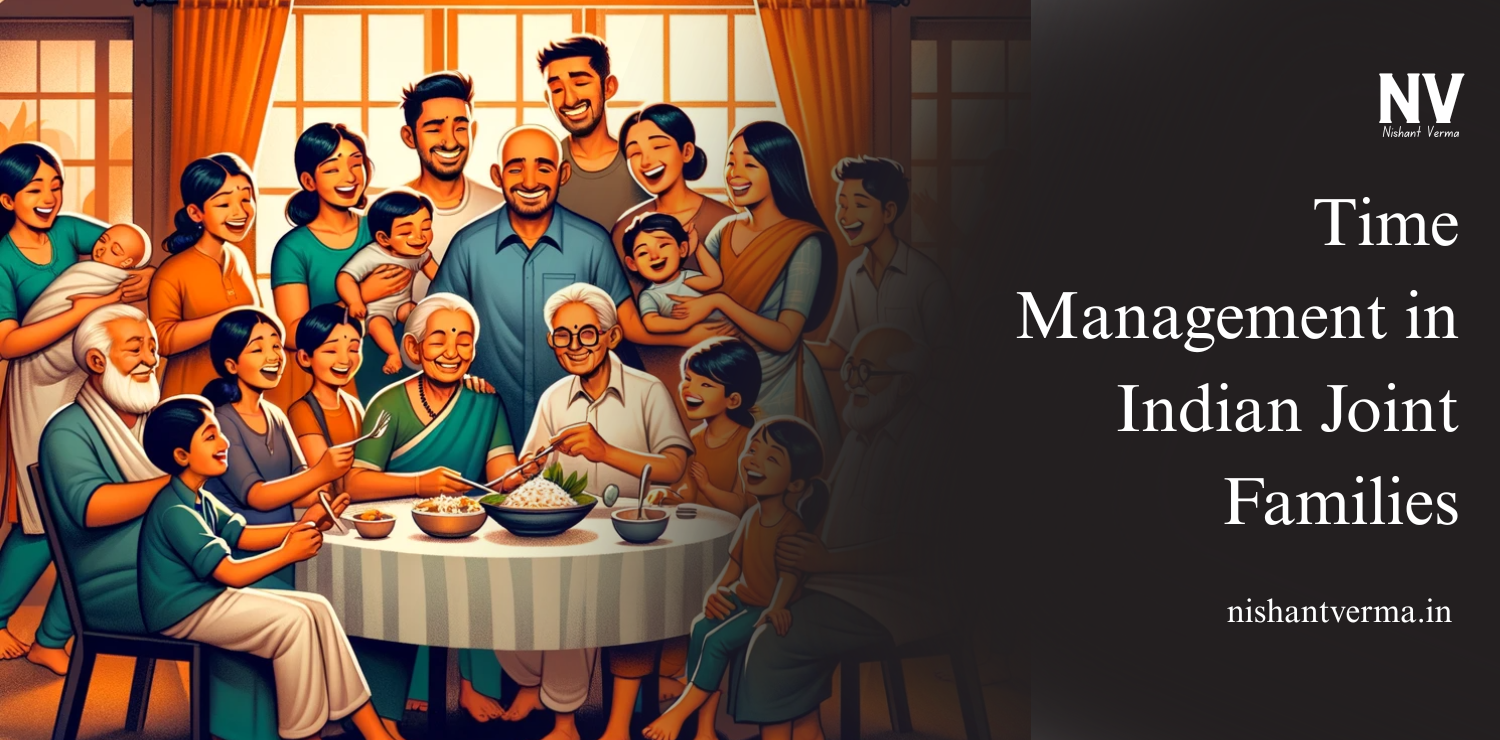The Citizenship Act in India has been a topic of significant debate and controversy over the years. Recently, the Supreme Court delivered a pivotal judgment regarding Section 6A of the Citizenship Act, which has drawn a wide array of reactions from various segments of society. This article aims to break down the implications of this ruling in simple language, exploring its background, significance, and potential challenges it may face in the future.

What is the Citizenship Act?
The Citizenship Act, enacted in 1955, outlines the laws governing Indian citizenship. Over the years, various amendments have been made to address different situations and populations. One notable amendment is Section 6A, which specifically pertains to individuals who migrated to India from Bangladesh before January 1, 1966.
Section 6A Explained
Section 6A grants citizenship to certain groups of people from the northeastern state of Assam who were fleeing from Bangladesh due to religious and political persecution. This section is significant as it attempts to provide a legal pathway for those who might otherwise be classified as illegal immigrants.

Recent Supreme Court Ruling
Overview of the Verdict
On October 18, 2023, the Supreme Court upheld Section 6A of the Citizenship Act. The court ruled that the provisions under this section are constitutional and do not violate the fundamental rights of any individuals. This decision has been met with mixed reactions, highlighting the complexity of citizenship issues in India.
Implications of the Ruling
The ruling has several implications:
- Stability for Long-Standing Residents: For many individuals who have lived in Assam for decades, this ruling provides a sense of security regarding their citizenship status.
- Political Ramifications: The decision could have significant political consequences, particularly in Assam and the northeastern region. Political parties and groups may leverage this ruling to rally support or opposition.
- Impact on the Citizenship Amendment Act (CAA): The CAA, which aims to provide citizenship to non-Muslim refugees from neighboring countries, is now facing scrutiny in light of this ruling. It raises questions about the government’s stance on citizenship based on religion.
Background of the Controversy
The Citizenship Amendment Act
The Citizenship Amendment Act (CAA), enacted in December 2019, has been controversial as it provides a pathway to citizenship for persecuted minorities from neighboring countries, specifically Hindus, Sikhs, Buddhists, Jains, Parsis, and Christians from Afghanistan, Bangladesh, and Pakistan. Critics argue that this law discriminates against Muslims and undermines the secular fabric of India.

The Challenge to Section 6A
The recent Supreme Court ruling on Section 6A arose from petitions questioning its constitutionality. The challengers argued that it was discriminatory and favored certain groups over others. However, the court’s decision confirmed that Section 6A is a legitimate measure aimed at protecting individuals who had sought refuge from persecution.
Diverse Reactions
- Support for the Ruling: Many advocates and legal experts have welcomed the ruling, emphasizing that it provides much-needed clarity on citizenship issues. K. Sibal, a prominent lawyer, hailed the decision as a victory for those who have lived in India for decades without a clear citizenship status.
- Criticism and Concerns: On the flip side, critics of the ruling argue that it could exacerbate communal tensions and reinforce the idea that citizenship in India can be influenced by religious identity. Some activists and political leaders are concerned that this ruling might pave the way for further discrimination, especially against Muslims.
Potential for Future Challenges
- Revision of the Ruling: Some legal experts and political commentators have suggested that there may be a possibility of revising this ruling in the future. Given the contentious nature of citizenship laws in India, especially with the ongoing debates surrounding the CAA, the Supreme Court’s decision might not be the final word on this issue.
- Legislative Changes: There is also the potential for legislative changes that could affect the interpretation and implementation of both Section 6A and the CAA. The political climate in India is dynamic, and shifts in governance could lead to new debates about citizenship laws.
Conclusion
The Supreme Court’s ruling on Section 6A of the Citizenship Act has opened up a crucial dialogue about the nature of citizenship in India. While the ruling has provided clarity for many individuals regarding their citizenship status, it also raises important questions about equality, discrimination, and the interplay between law and politics in India.
As the country continues to grapple with these issues, it will be essential for policymakers, legal experts, and civil society to engage in constructive dialogue. Ensuring that citizenship laws are just and equitable will be vital for maintaining the democratic and secular foundations of India.
Final Thoughts
The complexities surrounding citizenship in India are far from resolved. The recent Supreme Court ruling is just one chapter in a larger narrative about identity, belonging, and rights in a diverse society. As we move forward, it is crucial to uphold the principles of justice and equality for all citizens, irrespective of their background or beliefs.




